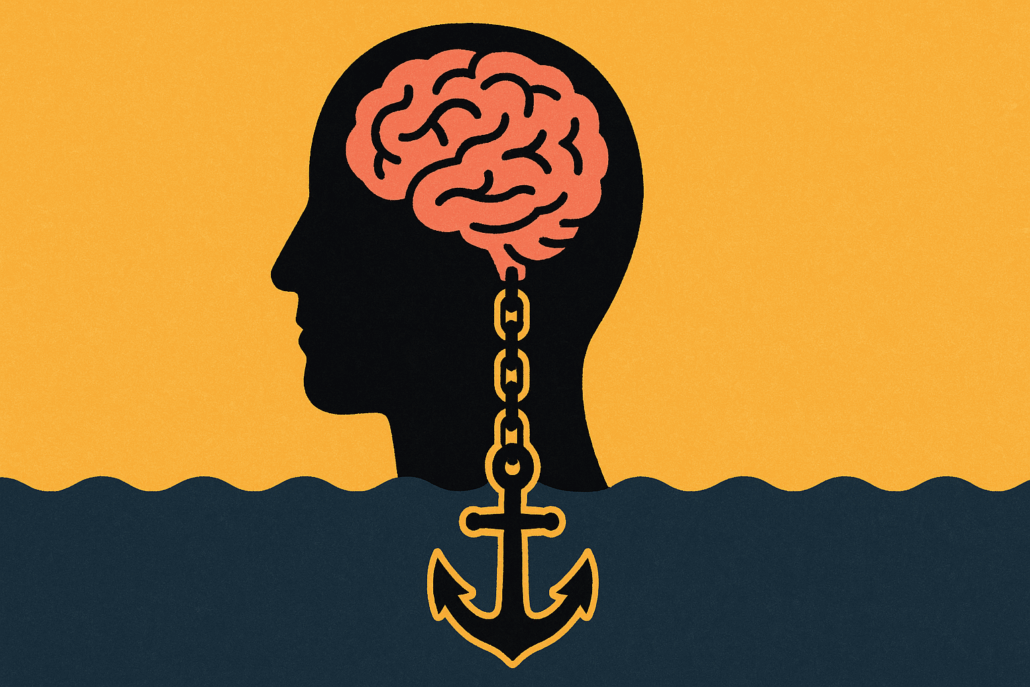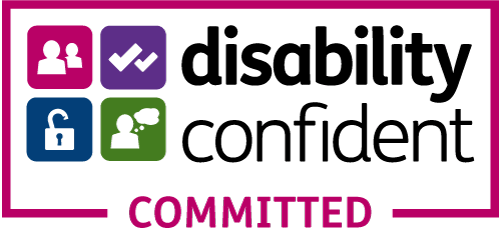Finding Your Anchor: Simple Habits to Manage Stress, Anxiety, and Overwhelm on World Mental Health Day
Today, October 10th, marks World Mental Health Day—a vital moment to pause, reflect, and reaffirm that mental health is as crucial as physical health. In a world defined by relentless news cycles, digital demands, and global uncertainty, stress, anxiety, and overwhelm have become near-universal experiences.

The good news is that managing these feelings doesn’t require overhauling your entire life. It starts with small, consistent habits that bring you back to a place of stability and calm.
The Modern Overload: Recognising Today’s Stressors
To manage our mental health, we must first recognise the unique pressures of modern life that are contributing to the pervasive sense of overwhelm.
In and Out of Work:
- “Always On” Culture: The blurring of work and personal boundaries due to remote access and constant connectivity means many people struggle to switch off. The expectation of immediate responses fuels stress.
- Job Insecurity and High Demands: Economic volatility and increasing workloads create a persistent, low-level anxiety about performance and job stability.
- Financial Pressures: Nationally and globally, the rising cost of living, inflation, and stagnant wages are top stressors, leading to chronic anxiety about the future and making ends meet.
National and Global Concerns:
- Constant Crisis News: Whether it’s political instability, environmental emergencies, or international conflicts, the 24/7 news cycle keeps us tethered to a feeling of global distress, often leading to a sense of powerlessness.
- Digital Fatigue: The sheer volume of information, notifications, and social comparisons on digital platforms leads to sensory overload and feelings of inadequacy.
Four Simple Habits to Recalibrate Your Nervous System
While the pressures of the world are real, we can develop practices to build resilience and protect our inner well-being. Here are four fundamental strategies to help you manage stress, anxiety, and overwhelm:
1. Limit Constant News Exposure and Take Digital Breaks
The human nervous system is not built to constantly process tragedy and global crises. Limit your constant news exposure and deliberately step away from your screens. Dedicate specific, short periods each day to check the news, and strictly avoid “doomscrolling”—the habit of consuming large quantities of negative online news. Schedule digital breaks throughout your day, even if it’s just 15 minutes away from your phone, to allow your mind to rest and refocus on your immediate environment.
2. Practice Slow, Gentle Breathing Daily to Regulate Your Nervous System
Your breath is your most powerful, immediate tool for regulating stress. When we are anxious, we tend to breathe shallowly and quickly. You can consciously override the stress response by practising slow, gentle breathing daily. Try a simple box-breathing technique:
- Inhale slowly for a count of four.
- Hold the breath for a count of four.
- Exhale slowly for a count of six.
- Pause for a count of two.
- Repeat for just 3-5 minutes. This simple practice signals safety to your brain, calming your heart rate and easing anxiety.
3. Anchor Yourself in Routines that Bring Calm and Stability
In an unpredictable world, routines are anchors. They provide a sense of control and predictability that combats the chaos of modern life. This doesn’t mean a rigid schedule, but rather establishing non-negotiable daily habits that bring stability. This could be a morning routine that includes quiet time and a healthy breakfast, or an evening ritual that prepares you for rest (like reading a book instead of watching TV). These small acts of consistency create a stable foundation for your day.
4. Reach Out for Help – Whether Through Friends, Professionals, or Community Support
It is a common misconception that seeking help is a sign of weakness. In fact, it is a brave and proactive step towards self-care. Reach out for help when you are struggling.
- Friends and Family: Simply sharing your burdens with a trusted loved one can significantly reduce their weight.
- Professionals: Don’t hesitate to contact a GP, therapist, or counsellor. Mental health professionals are trained to provide tools and support.
- Community Support: Joining a local group, volunteer organisation, or support network can foster a sense of belonging, which is a powerful antidote to anxiety and isolation.
Further Recommendation
If you are looking for more actionable advice on how to integrate simple, effective habits into your day, we recommend listening to:
This podcast offers an insightful discussion on the profound impact of simple physiological adjustments, like breathing techniques, on your overall mental state. It’s a fantastic resource for anyone looking to make a meaningful change in how they handle life’s daily demands.
Remember: On World Mental Health Day and every day, your mental health matters. Be kind to yourself, implement these simple habits, and never hesitate to seek support.



Leave a Reply
Want to join the discussion?Feel free to contribute!